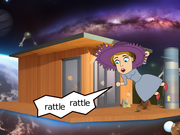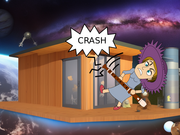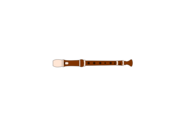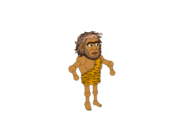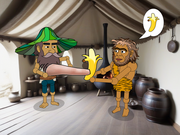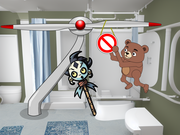一家人不说两家话
lit. family members speak frankly with one another, not courteously, as if they were from two different families (idiom) / fig. people don't need to be deferential when they ask a family member for help / people from the same family should stick together (and good friends likewise)
Characters and words in 一家人不说两家话
one / single / a (article) / as soon as / entire; whole; all; throughout / "one" radical in Chinese characters (Kangxi radical 1) / also pr. [yao1] for greater clarity when spelling out numbers digit by digit
the whole family / the same family / the family ... (when preceded by a family name) / group
home / family / (polite) my (sister, uncle etc) / classifier for families or businesses / refers to the philosophical schools of pre-Han China / noun suffix for a specialist in some activity, such as a musician or revolutionary, corresponding to English -ist, -er, -ary or -ian / CL:個|个[ge4]
person; people / CL:個|个[ge4],位[wei4]
to speak / to say / to explain / to scold / to tell off / a theory (typically the last character in a compound, as in 日心說|日心说 heliocentric theory)
to speak; to talk; to say / to explain; to comment / to scold; to tell off / (bound form) theory; doctrine
two / both / some / a few / tael, unit of weight equal to 50 grams (modern) or 1⁄16 of a catty 斤[jin1] (old)
两
=
一
+
从
+
冂
:
Li Qingzhao is on a treasure hunt in the anglepod, following a secret map she found. Finally she found a treasure chest guarded by a rubber chicken which she has to overcome. Luckily, the map mentions a tune that Li Qingzhao plays on her flute, and thus bewitching the rubber chicken. The rubber chicken releases the treasure chest, which is full of taels of gold.
dialect / language / spoken words / speech / talk / words / conversation / what sb said / CL:種|种[zhong3],席[xi2],句[ju4],口[kou3],番[fan1]
话
=
舌
+
讠
:
Helga Horse can't talk at all right now, because her tongue is stuck on an advertisement column in the ashram's bathroom. In an ad on the advertising column, two people were discussing a depicted beautiful carrot; Helga thought it looked so tasty she had to lick it, and now her tongue is stuck.
old variant of 話|话[hua4]
话
=
舌
+
讠
:
Helga Horse can't talk at all right now, because her tongue is stuck on an advertisement column in the ashram's bathroom. In an ad on the advertising column, two people were discussing a depicted beautiful carrot; Helga thought it looked so tasty she had to lick it, and now her tongue is stuck.
Words with 一家人不说两家话
一家人不说两家话
is not used as a component in another word.
Sentences with 一家人不说两家话
一家人不说两家话 currently does not appear in any sentence.
